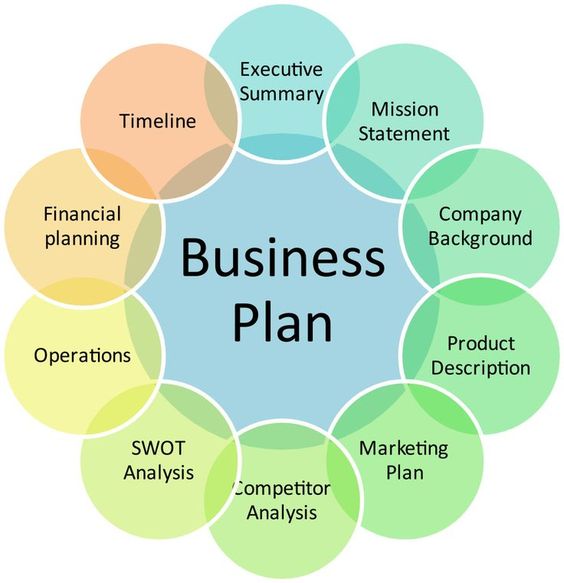Project planning is a crucial element in the success of any project. It involves defining objectives, identifying tasks, and creating a roadmap to guide your team towards a common goal. Without a clear plan, your project is likely to spiral out of control and fail to meet deadlines. In this article, we outline the four essential steps of project planning to help you navigate the project management process.
Step 1: Define Objectives
The first step in project planning is to define the objectives of the project. This involves identifying the main purpose of your project and what problems it is intended to solve. Once you have a clear understanding of your objectives, you can start to design a plan that incorporates them.
Step 2: Create a Timeline
Once you have identified your project’s objectives, it is time to create a realistic timeline. This involves breaking down the various tasks that need to be completed and allocating timeframes for each. A timeline allows you to track the progress of your project and ensures that you meet deadlines.
Step 3: Allocate Resources
The third step in project planning is to allocate the necessary resources to achieve your objectives. This includes identifying the personnel, equipment, and materials required to complete your project. Allocating resources helps you to stay within your budget and ensure that your project is completed effectively and efficiently.
Step 4: Identify Risks
The final step in project planning is to identify potential risks and develop a plan to manage them. Risks can arise from various sources, including unforeseen events, staff turnover, or changes to project scope. By identifying potential risks and creating a plan to manage them, you can reduce the likelihood of your project becoming derailed.
The Importance of Project Planning
Project planning is critical to the success of any project. Without a clear plan in place, your project is likely to encounter several roadblocks and miss deadlines. A well-designed project plan can guide your team towards a common goal and ensure that everyone is on the same page.
Communication is Key
Effective communication is essential during the project planning phase. This includes communicating project objectives, timelines, and resource requirements to your team. Regular communication helps to ensure that everyone is working towards the same goal and that any issues can be flagged early on.
Utilize Project Management Software
Project management software can be a useful tool during the project planning phase. These platforms provide a centralized location for monitoring project progress, assigning tasks, and communicating with team members. They can also help to streamline project management processes and reduce the likelihood of human error.
You might find these FREE courses useful
- Project Planning
- Project Planning and Execution
- Project Planning and Machine Learning
- Top Project Management: Life Cycle And Project
- Project Management: Life cycle and project planning
- Fundamentals of Project Planning and Management
- Project Planning: Putting It All Together
- Initiating and Planning Projects
Review and Adapt Your Plan
Finally, it is essential to regularly review and adapt your project plan. As circumstances change, you may need to revisit your plan and adjust timelines or resource allocation. Regularly reviewing your plan allows you to be proactive and ensure that your project stays on track.
In conclusion, project planning is an essential element in the success of any project. By following the four steps outlined in this article, you can create a roadmap to guide your team towards your project objectives. Effective communication, the utilization of project management software, and regular plan reviews can help to ensure that your project is completed successfully.
